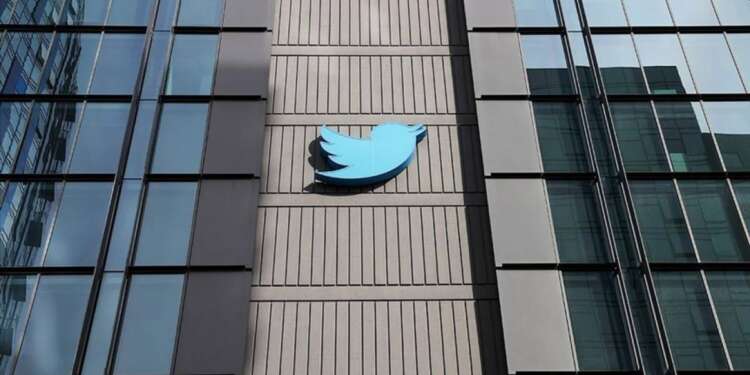Twitter announced on Monday the dissolution of its Trust and Safety Council, an advisory group of civil society and various other organisations, according to a company email obtained by a number of leading news publications.
The Trust and Safety Council comprised independent expert organisations that advised Twitter on a range of sensitive matters, including online safety, suicide prevention, human and digital rights, mental wellbeing, self-harm, dehumanisation, and child sexual exploitation. The page for the Trust and Safety Council has now been removed from Twitter’s website.
According to reports, a meeting had been scheduled between the council and Twitter executives Monday evening. The council, however, received an email from the company informing them of its disbanding shortly before the meeting, said several members. A copy of the email, which has been obtained by such news publications as CNN and NBC, and which is widely circulating on Twitter, says, “As Twitter moves into a new phase, we are reevaluating how best to bring external insights into our product and policy development work. As part of this process, we have decided that the Trust and Safety Council is not the best structure to do this.”
The council was formed in 2016 and lent guidance to the firm on tackling harassment, online hate and various forms of harm. It had no decision-making authority, however.
“Our work to make Twitter a safe, informative place will be moving faster and more aggressively than ever before and we will continue to welcome your ideas going forward about how to achieve this goal,” says the email. “We will also continue to explore opportunities to provide focussed and timely input into our work, whether through bilateral or small group meetings.”
The dissolution of the council is one of the many controversial decisions Elon Musk that are reshaping the leading social media platform since billionaire Elon Musk’s high-profile takeover.
Last week, three members of the Trust and Safety Council posted a public statement announcing their resignation. They dismissed Musk’s claims of declining hate speech on Twitter under his leadership, saying “the safety and wellbeing of Twitter’s users are on the decline”. Additionally, the billionaire’s claims were refuted by recently released research, which found a dramatic surge in harmful content targeting people for their race and identity.
Musk believes hate speech has declined by one-third on Twitter after he acquired the platform, but critics, digital rights experts, and staffers say the new owner’s lofty claims do not hold water.
Musk completed his $44 billion acquisition in October, taking over one of the world’s most influential social media platforms. The billionaire had tried to walk away from the proposed deal, prompting legal action from Twitter executives. The deal was revived just days before Musk was to face Twitter in court for his unceremonious walkout.
Shortly after his takeover, however, the firings began. Musk, who had already attracted ample scrutiny for his “free speech absolutism” ideals, became the focus of widespread criticism when he sent home Twitter’s human rights team and contracted content moderators. Mass resignations swept the firm; Twitter streamed with posts of protest and anger directed at Musk and his rigorous cultural reset. He also reinstated several users who had been banned for serious violations, including hate speech and incitement to violence.




